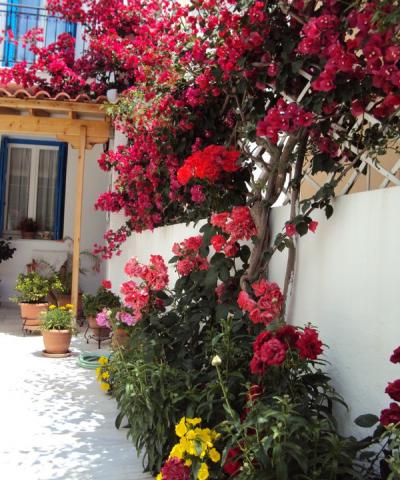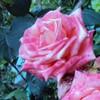Long associated with love, romance and faith, a representation of beauty and perfection, the rose has occupied a prominent and revered position in the aromatic, medicinal and culinary world, spanning civilisations and cultures.
The Ancient Greek poet Sappho described the rose as “queen of the flowers”. Another myth tells of how the rose was borne from nectar accidentally spilt by Pothos who was part of the goddess Aphrodite’s retinue, dancing amongst the Olympian Gods during a feast. Even to this day roses are given as a symbol of love and devotion every Valentine’s Day to sweethearts all over the world.
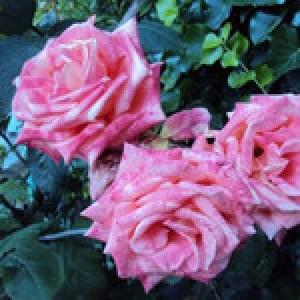
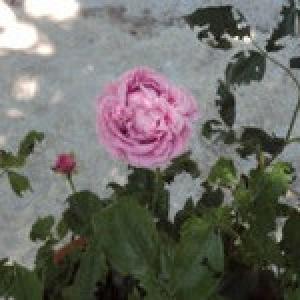
What is aromachology?
Aromachology describes the behavioural and psychological impact of scent. Specific feelings can be elicited by odours that originate in the limbic system of our brain (the emotional brain) by means of stimulation of olfactory pathways.
Moods and emotions can be influenced by fragrance. Smells can trigger a memory response corresponding to a strong emotional tone. Particular smells can have a firm association with the way events, people or objects are remembered and can evoke emotions that become aligned with these things. The smell of fresh flowers , for example, is often described by people as one of their favourite smells, a fond scented reminder of their childhood. Rachel Herz, an expert on the psychology of smell calls this ” olfactory- emotion translation “.
Our olfactory sense and emotional experience are strongly inter weaved, the human ability to experience and express feelings evolved from our brain’s ability to process smell.
However, the association of an aroma with your own personal experience affects your perception of it in a positive or negative way- the emotional value of that context becomes fused to that aroma, something Rachel Herz describes as ” odour associative learning “.
Scents we like are first encountered in a joyful, positive environment, scents we dislike when we are in a negative emotional state or it has an unpleasant symbolism. The nature and expectation of the scent also has to be taken into consideration- the smell of roses is generally thought of as a pleasant or positive scent, raw sewage definitely not !
Once these connections are formed it is often difficult to form a new association to a particular smell once it has been conditioned and those initial associations have been formed.
Personally I’m a sucker for floral scents , it makes me content for no particular reason to smell the sweet, sublime aroma of a rose captured in its essential oil , the aromatic molecules permeating the nose for a sensorial, hedonistic experience.

Aromachology of rose
Floral scents in general elicit positive memories, recall feelings of happiness and are morning mood enhancers.
In a study conducted by the Japanese construction company, Kajima Corporation on its employees , floral scents were released in the workplace in the late morning and early afternoon resulting in increased levels of concentration. (Smell Report, K.Fox).
A mixed floral scent has also been used to increase learning speed in a study’s participants compared to working or studying in a room with no odour.
Interestingly, the smell of roses has also been mentioned as increasing olfactory evoked nostalgia.
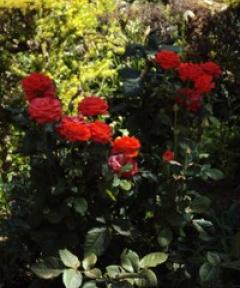
Rose essential oil is commonly used in aromatherapy as an aide to relaxation and to decrease the symptoms associated with stress. A combination of rose and patchouli essential oil inhalation was shown to decrease the body’s stress response . A rose inhalation by itself lowered adrenaline levels. [Haze et al, 2002]
Recently German studies were carried out where a rose fragrance was sprayed on people performing a memory exercise, then sprayed again when the research subjects were sleeping, improving memory recall. Another study has concluded that the scent of roses can influence dreams, changing the emotional tone of a dream, framing the dream in a positive light.
Here are a few suggestions for incorporating some aromachology into your day:
Place some fresh roses or other flowers in your home, work space, meeting or conference room. This article here has some good descriptions of the different types of English rose fragrances.
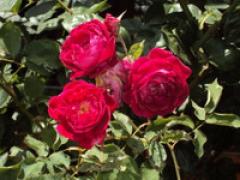
Scentcillo Starlet essential oil blend incorporates the floral scents of rose geranium and neroli. Use in your burner or vaporiser to scent your space.
To make a rose scented cream – to 100ml of cream base add and mix rose 3% in jojoba essential oil – 1 ml (20 drops) for a face cream, 2.5mls (50 drops ) for a body cream. For a simple DIY rose perfume balm – add a few drops of rose 3% in jojoba essential oil into a lip balm sized container of shea butter and mix together. Apply to pulse points.
For a little culinary aromachology here are some links to rose scented recipes:
- Moroccan rice pudding with rose petals and pistachios. Good Food Channel.
- Ayuverdic Gulkand (rose petal jam) ice cream. Indian Simmer.
- Rose scented Mexican hot chocolate. Food 52.
- Rose petal vodka. Sumptuous Spoonfuls.
Further links:
- Rose Festival, Bulgaria via you tube. The Bulgarian damask rose (rosa damascena) is considered to produce the finest quality ” otto ” or distilled essence . Rose cultivation occurs around the Balkan mountains of southern Bulgaria , known as the ” Valley of the Roses “. The Rose Festival is held every year in the month of June.
- This story here of Australian damask rose growers and essential oil distillers from Gundagai, south west NSW. (ABC Rural )
For more information on aromachology and the sense of smell:
- Monell Chemical Senses Center
- Sense of Smell podcast- Rachel Herz
